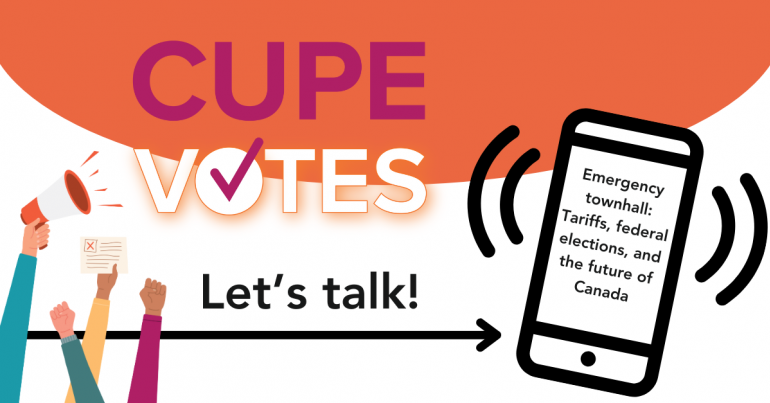 Housing is a fundamental human right. Despite the Liberal government’s “housing first” strategy, they have failed to halt the market-based solutions that are driving Canadians further into debt. We need a federal government who will support direct funding for new construction and off-market public housing.
Housing is a fundamental human right. Despite the Liberal government’s “housing first” strategy, they have failed to halt the market-based solutions that are driving Canadians further into debt. We need a federal government who will support direct funding for new construction and off-market public housing.
Why it matters
- 235,000 people experience homelessness every year in Canada, and over 1.7 million households are in housing that is unsafe, unsuitable, or unaffordable.
- These households are disproportionately led by women. Furthermore, Indigenous peoples, people with disabilities, immigrants and refugees, youth and older adults, and members of racialized communities face high levels of housing insecurity.
- People who experience homelessness and housing insecurity are more likely to suffer from physical and mental illness, poverty, discrimination, and violence.
- CUPE members who work in public housing provide a range of support services to residents, including employment counseling and mental health support.
- Widespread homelessness and the lack of access to adequate housing are some of the most critical human rights issues facing all levels of government.
How current policy is falling short
- Certain parts of the National Housing Strategy, such as the expansion of community housing units, the program to enforce tax law, and the National Housing Advocate position, are positive developments.
- However, most of the Liberals’ plan for housing relies on market-based programs that do very little to make renting and owning housing affordable.
- The Liberals’ proposed increase to the amount first-time home buyers can borrow from their RRSPs targets only a miniscule percentage of the population and will result in greater future debt.
- Canadians need access to decent, affordable rental housing with long-term security and protection from discrimination, period. The current Liberal policy does not get us there.
What should be done
Affordable housing advocates and CUPE are calling for:
- Non-market solutions such as cooperative and rent-geared-to-income housing.
- Funding support for new construction of affordable rental housing.
- Prohibitions on the privatization of public land, and controls on rent inflation, land speculation, and tax avoidance.
- Low-cost public funding for the maintenance and repair of existing social housing stock.
- Rules that ensure private developers and investors will be required to produce affordable, adequate, and accessible housing suitable for a range of household sizes.
- A fair adjudication process for those denied adequate housing.
- Enforcement of a national “housing first” approach.



